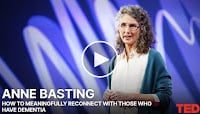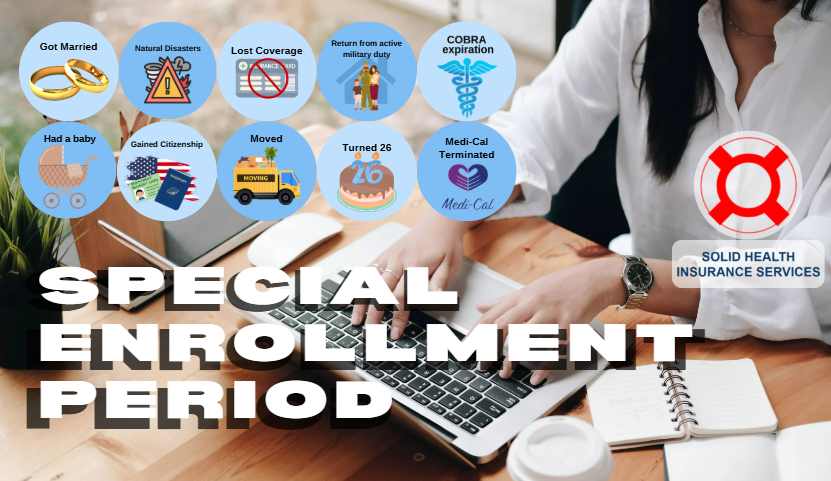As a special education teacher, I hear from students with ADHD about whether they take medication or not. I don’t ask for the information and it’s private, but sometimes kids or parents will divulge it anyway, in an era where stigma around disability is, fortunately, receding.
Some kids, from my vantage point, really do benefit from their medication and are able to focus significantly more on school. It depends on the kid, and medication is truly a lifesaver for many with ADHD.
As a disclaimer, this article is not intended as medical advice. Instead, it’s a personal reflection and recounting of personal experience. Anyone who needs the assistance of a provider for strategies to deal with ADHD or medication should listen to their provider.
Over the summer, I was also diagnosed with ADHD. I tried medication and was prescribed a drug that didn’t really work for me. I didn’t really feel any different, and I experienced a lot of side effects related to nausea, feeling like crap when I exercised, and GI issues. Just because the medication didn’t work for me doesn’t rule out that other medications might work well in the future, but my provider and I both agreed to stop the medication and go back to what I was doing before.
I have always been impulsive and easily distracted. In certain peer groups, I have a reputation for this impulsivity. I’ll make sudden, major decisions based on how I feel and my gut feelings. I won’t be cautious enough or think things through. I rely on instinct and gut to simply guide everything I do.
I accept the fact that this might be simply who I am. I was impulsive in the past, and I am impulsive now. Since I was in an incredibly busy season with law school, a busy job, and a lot else going on in my personal life. I understand my ADHD may be leading to this taking on a lot on my plate and constantly making me a little overwhelmed.
But, as I said to my therapist:
“I’m impulsive, but I’ve come to accept that that’s who I am.”
ADHD has a lot of cons
I don’t mean for this piece to come off as romanticizing ADHD. There are a lot of cons, and I experience all of those things. Even though the particular medication I took isn’t the right solution for me, I’m working on strategies to help with a lot of the negative symptoms.
ADHD can have the following negative symptoms, according to Alex Klein at Healthline:
- Losing things very easily
- Being very fidgety
- Seeming like they’re not paying attention
- Having difficulty completing boring tasks
- Talking nonstop
I have a lot of symptoms, but I don’t think it’s any secret that ADHD can be very disruptive to someone’s ability to handle daily life tasks. Constantly losing things, not being able to stay in your seat, or not being attentive when you need to be are always severe disruptions.
Again, I know a lot of people and had students where medication was a complete game-changer. Granted, the medication was usually Adderall, Ritalin, or Concerta, which is a much stronger stimulant than anything I took.
Generally, when I was more focused on managing my symptoms, I had to be wary of both overstimulation and understimulation and restore balance to my daily life instead of riding highs and lows.
Can ADHD be beneficial or just neutral?
Sometimes I felt like obsessing over my ADHD symptoms was just pathologizing normal human conditions, particularly in this very digital environment where we have to look at screens all the time. I was diagnosed at 25 and I was a pretty high achiever, which didn’t mean I didn’t have ADHD at all, but meant that my symptoms were pretty mild. I sometimes doubt my diagnosis and don’t necessarily want to use it as an excuse not to do or accomplish certain things.
However, I realize in the realm of being a runner, the impulsivity has become a strength. I listen to how I feel, and if I don’t feel good, I generally back off. If I do feel good, I’ll give a bit more effort, but I’m very responsive to my body and mind, and do try to just ride highs and lows based on how I’m feeling.
I recognize I have a lot of instincts that I should listen to instead of suppressing them.
According to Klein, however, ADHD can have personality traits that make the condition an advantage. These can include being energetic, spontaneous, creative, and hyperfocused.
I have experienced all these benefits, and I will say it’s important to cultivate conditions where the benefits prevail instead of drawbacks. Getting a lot of sleep, for example, helps to be energetic and spontaneous. Finding tasks you’re passionate about helps you be creative and hyperfocused.
Jacquelyn Johnson at Medical News Today cites a study that found that people with ADHD have greater empathy, humor, and social and emotional intelligence. People with ADHD are neuroatypical, but the energy that people with ADHD often come with is sometimes called a superpower for that reason.
Michael Jordan, for example, is one athlete with ADHD, but again, the challenge is making conditions that allow people with ADHD to flourish. Sometimes it’s an environment that includes a lot of structure, but for every person, it’s different.
Takeaways
I don’t know if my successes have been because of or in spite of my ADHD.
I also don’t want anyone to romanticize ADHD. When the symptoms really interfere with your daily life, you should definitely get it treated accordingly.
But sometimes, just having strategies to manage your ADHD and tapping into the environment that allows people to flourish are essential.
Again, every person should work with their therapist or provider to find what works best for them, but not everyone needs medication, especially if they have more mild or moderate symptoms. For me, it means tapping into my gut, instincts, and impulsivity rather than denying it.
At the same time, a lot of people do need medication— it’s about embracing how the same condition can affect different people in different ways.
There’s no one way to be neuroatypical.
—
This post was previously published on MEDIUM.COM.
***
You may also like these posts on The Good Men Project:
 White Fragility: Talking to White People About Racism
White Fragility: Talking to White People About Racism  Escape the “Act Like a Man” Box
Escape the “Act Like a Man” Box  The Lack of Gentle Platonic Touch in Men’s Lives is a Killer
The Lack of Gentle Platonic Touch in Men’s Lives is a Killer  What We Talk About When We Talk About Men
What We Talk About When We Talk About Men Join The Good Men Project as a Premium Member today.
All Premium Members get to view The Good Men Project with NO ADS.
A $50 annual membership gives you an all access pass. You can be a part of every call, group, class and community.
A $25 annual membership gives you access to one class, one Social Interest group and our online communities.
A $12 annual membership gives you access to our Friday calls with the publisher, our online community.
Register New Account
Log in if you wish to renew an existing subscription.
Username
First Name
Last Name
Password
Password Again
Choose your subscription level
- Yearly - $50.00 - 1 Year
- Monthly - $6.99 - 1 Month
Credit / Debit Card PayPal Choose Your Payment Method
Auto Renew
Subscribe to The Good Men Project Daily Newsletter By completing this registration form, you are also agreeing to our Terms of Service which can be found here.Need more info? A complete list of benefits is here.
—
Photo credit: iStock.com
The post Does ADHD Have Any Benefits? appeared first on The Good Men Project.
Original Article










